All
Thieves Continue to Target High-Priced Gasoline
by Rich Morahan, Richard Morahan Associates
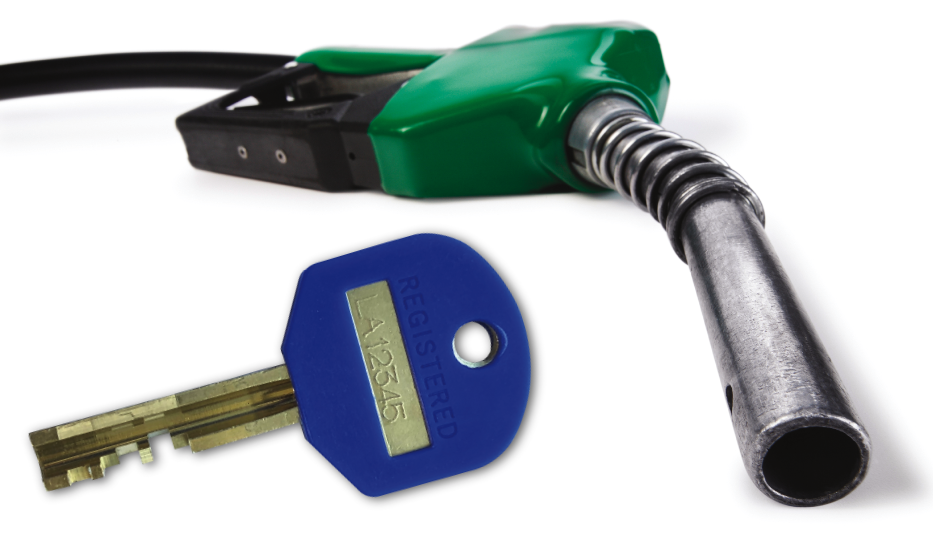
How to prevent stealing from service station pumps and tanks (part 2)
Editor’s Note: For part 1, see “Rising Prices Embolden Thieves”
It’s hard to miss a news or TV story about petroleum theft. According to a March 15 report from Fox8 WGHP, 400 gallons of gasoline were stolen from a gas station in High Point, North Carolina. A petroleum technician said the thieves most likely used a device that is inserted into the pump, putting it into “dispense mode,” which releases gas from the pump for free. The report adds that “as it turns out, gas pumps are surprisingly vulnerable to being hacked.” 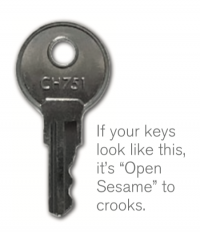
The New York Post refers to this tactic as the “pump and dump” method. But thieves aren’t just draining pumps. Why go small when you can go big?
From March 14: “Over 1,000 Gallons of Fuel Stolen From Family-Owned Gas Station.” Newsweek reports, “A service station outside Houston, Texas had its underground tank compromised. Since the thefts began, the operator has added new locks to its underground storage tanks and plans to share the surveillance footage with the public.”
In recent years, thieves have stolen thousands of gallons of gas in similar crimes around the globe. On March 21, KDVR in Aurora, Colorado aired a video showing gas thieves using a remote device to steal $50,000 worth of fuel.
What Can You Do?
In 2018, researchers at Kaspersky Lab, a software company that provides PC firewalls, found some gas pumps were vulnerable to takeover by hackers because there was an embedded controller in that gas pump that could be accessed by a skilled hacker to shut down pumping, change prices or bypass payment, among other things.
So how do you protect against wireless attacks? There doesn’t appear to be a quick and easy solution. However, there are a number of steps you can take to prevent physical attacks, which are more common but just as costly.
- Limit your exposure by controlling access points to your pumps and tanks. The first step is to replace your CH751 key. This is not only the “universal” key for many gas dispenser manufacturers. It is also the “universal” key for almost all RV manufacturers. If you own an RV, you more than likely have the CH751 key on your key ring. In fact, just Google “CH751 Keys.” You’ll see all you need to scare you in a few screens. This is the most common key code in the world. And these keys are readily available from “reliable” distributors, along with other “universals.” A crook doesn’t even need to steal or copy one of your keys.
- Replace the universal key with a unique key code registered to your company. Locks and keys from Lock America of Corona, California feature a non-duplicable key blank, using one out of millions of key codes registered to individual accounts, with duplicates available only when ordered by an authorized user.
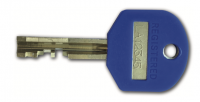
- Make sure that you have a locking cap with a high security lock and key on your underground tanks.
- Set up a key control program to account for every key’s location. A registered key control program helps keep thieves out of your tanks by allowing you to keep track of each key and prevent duplication.
- In addition, take the following no-cost steps: review and reposition your
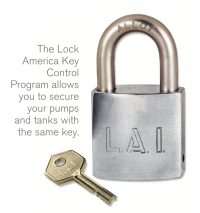 lighting and camera placement; review your pump numbers daily, or even by shift; observe any lingering customers but approach with caution; talk to your local law enforcement and show them some of these articles, if they haven’t seen them already.
lighting and camera placement; review your pump numbers daily, or even by shift; observe any lingering customers but approach with caution; talk to your local law enforcement and show them some of these articles, if they haven’t seen them already.
Liability and Insurance
This is one business challenge where unity and cooperation benefit everyone. I don’t think that anyone wants homemade tanker trucks driving around with stolen fuel.
But the more that prices increase and stories like these appear, the more criminals will try their hands going after easy targets. Don’t look like an easy mark with cheap locks on your pumps or tanks. In addition to risking your fuel, you’re risking your business by encouraging novice crooks to exploit you.
As a final word of advice, check with your insurance company. You may be able to lower the inevitable rate increase if you can demonstrate your high security locks.
Rich Morahan, a consultant for Lock America, Inc., writes frequently about security and marketing for the petroleum distribution and other industries, including information management, propane distribution and self-storage. Lock America can be reached at 800-422-2866 or sales@laigroup.com.
Related Posts
 What’s Next in Boiler Technology
What’s Next in Boiler Technology
Posted on June 25, 2025
 Data Delivers!
Data Delivers!
Posted on April 28, 2025
 Harnessing Payment Data to Increase Profitability
Harnessing Payment Data to Increase Profitability
Posted on March 10, 2025
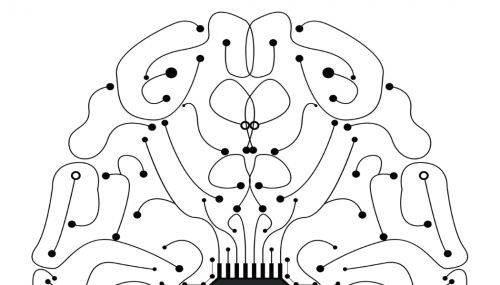 DeepSeek Is Our AI Wake-Up Call
DeepSeek Is Our AI Wake-Up Call
Posted on March 10, 2025
Enter your email to receive important news and article updates.
